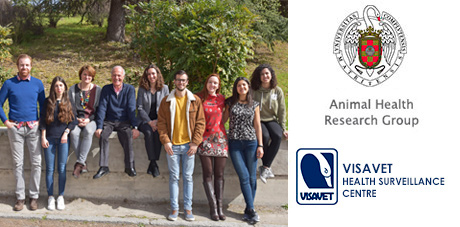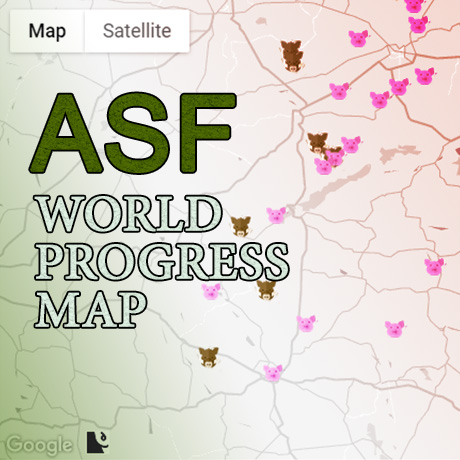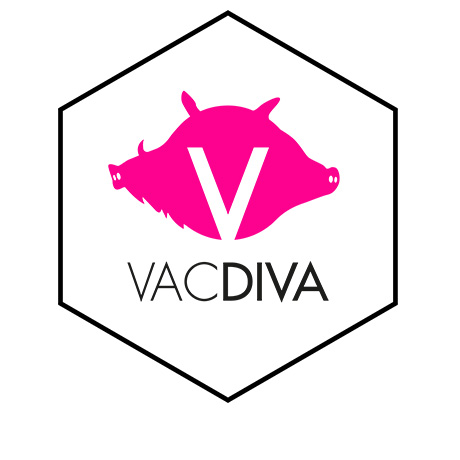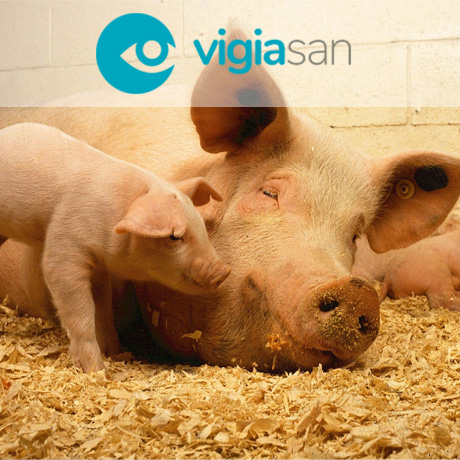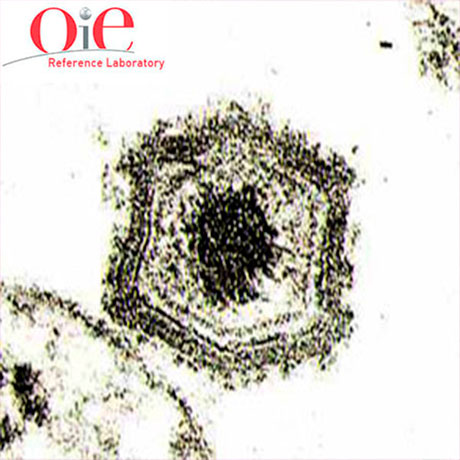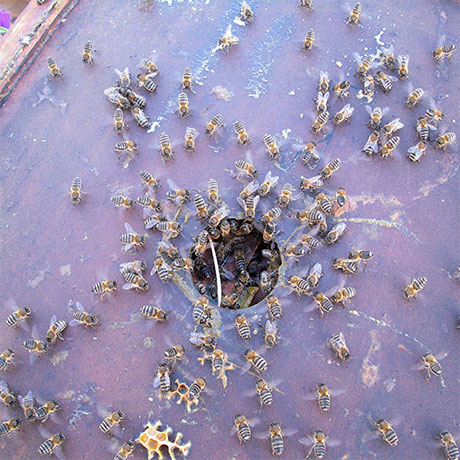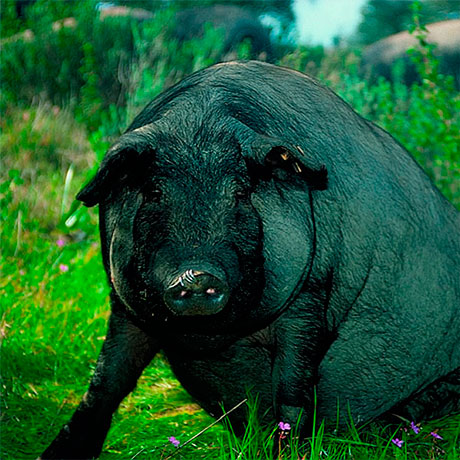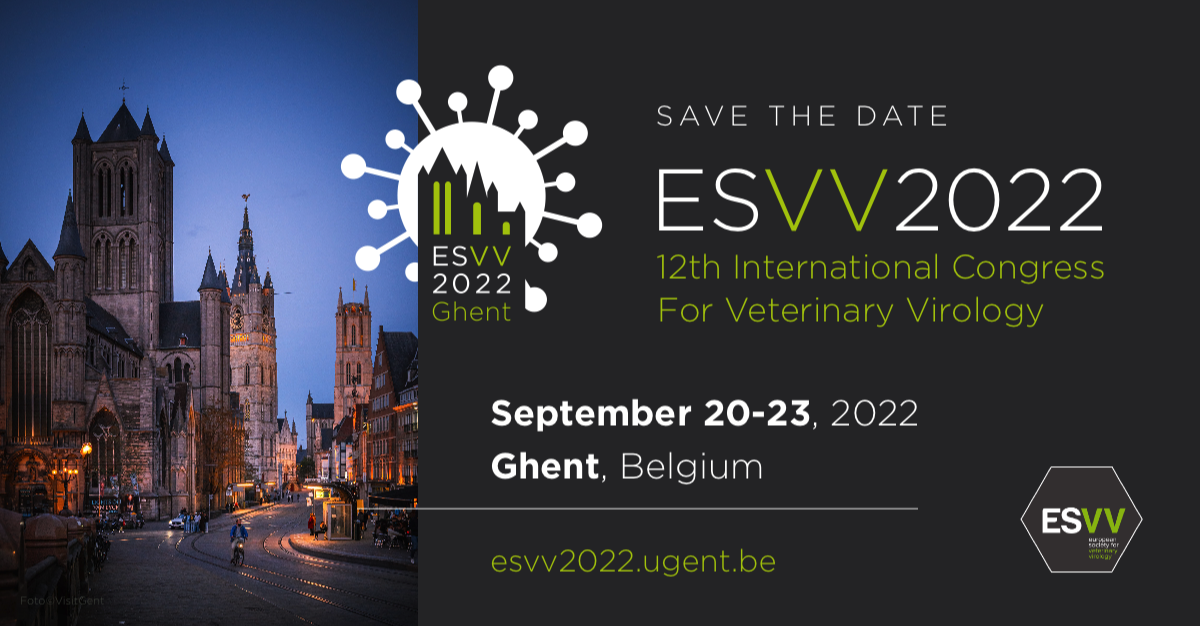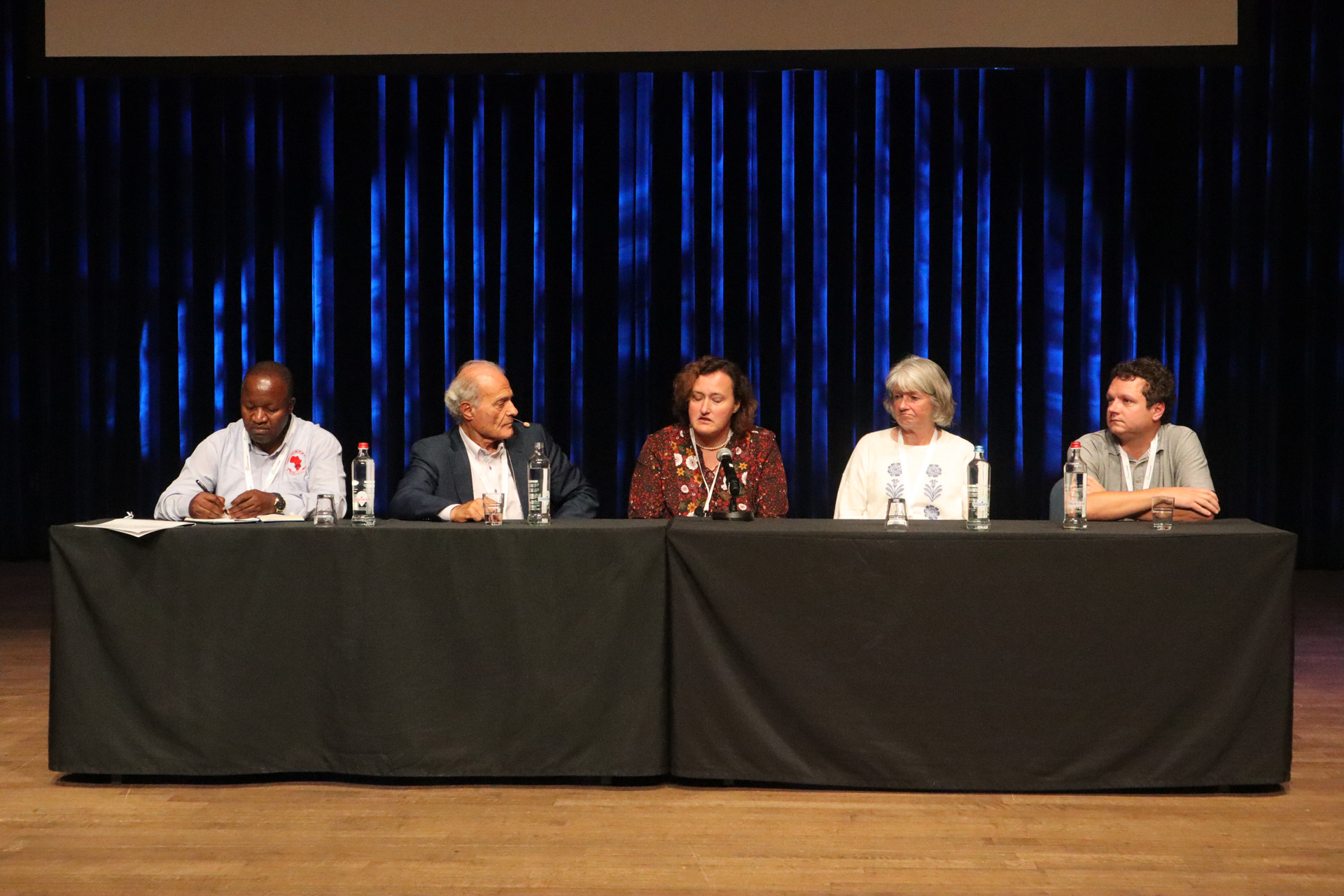International Livestock Fair of Zafra
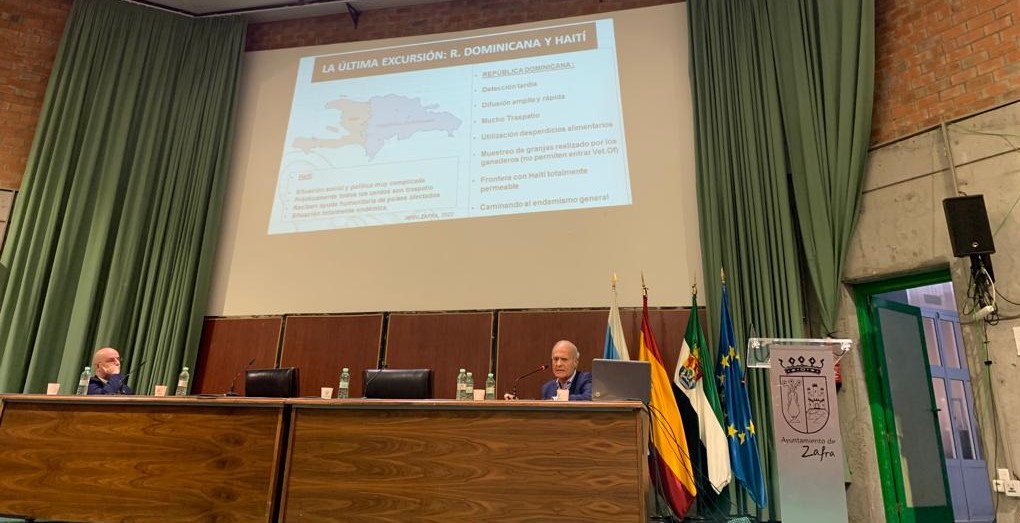
Last September, Professor Sánchez-Vizcaíno participated in the Zafra Livestock Fair: https://fig.zafra.es/
ANAPORC 2022
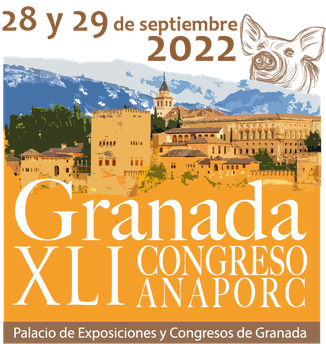
On September 28 at the Palace of Exhibitions and Congresses of Granada (Spain), Professor Sánchez-Vizcaíno will give a talk entitled "The vaccine against ASF, closer every day".
ESVV2022
Interview on AgrinewsTV about the threat of African Swine Fever
Spanish audio.
Good & bad get together: Inactivation of SARS-CoV-2 in particulate matter pollution from different fuels
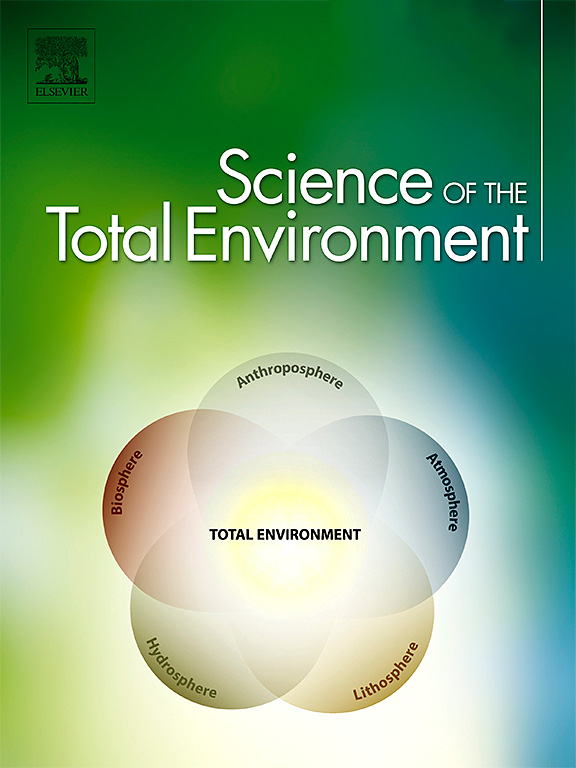
We publish a new interdisciplinary research article in the journal Science of the Total Environment.
Abstract: Air pollution and associated particulate matter (PM) affect environmental and human health worldwide. The intense vehicle usage and the high population density in urban areas are the main causes of this public health impact. Epidemiological studies have provided evidence on the effect of air pollution on airborne SARS-CoV-2 transmission and COVID-19 disease prevalence and symptomatology. However, the causal relationship between air pollution and COVID-19 is still under investigation. Based on these results, the question addressed in this study was how long SARS-CoV-2 survives on the surface of PM from different origin to evaluate the relationship between fuel and atmospheric pollution and virus transmission risk. The persistence and viability of SARS-CoV-2 virus was characterized in 5 engine exhaust PM and 4 samples of atmospheric PM10. The results showed that SARS-CoV-2 remains on the surface of PM10 from air pollutants but interaction with engine exhaust PM inactivates the virus. Consequently, atmospheric PM10 levels may increase SARS-CoV-2 transmission risk thus supporting a causal relationship between these factors. Furthermore, the relationship of pollution PM and particularly engine exhaust PM with virus transmission risk and COVID-19 is also affected by the impact of these pollutants on host oxidative stress and immunity. Therefore, although fuel PM inactivates SARS-CoV-2, the conclusion of the study is that both atmospheric and engine exhaust PM negatively impact human health with implications for COVID-19 and other diseases.
de la Fuente J, Armas O, Barroso-Arévalo S, Gortázar C, García-Seco T, Buendía-Andrés A, Villanueva F, Soriano JA, MazuecoS L, Vaz-Rodrigues R, García-Contreras R, García A, Monsalve-Serrano J, Domínguez L and Sánchez-Vizcaíno JM.
Lina Mur Young Talent Award
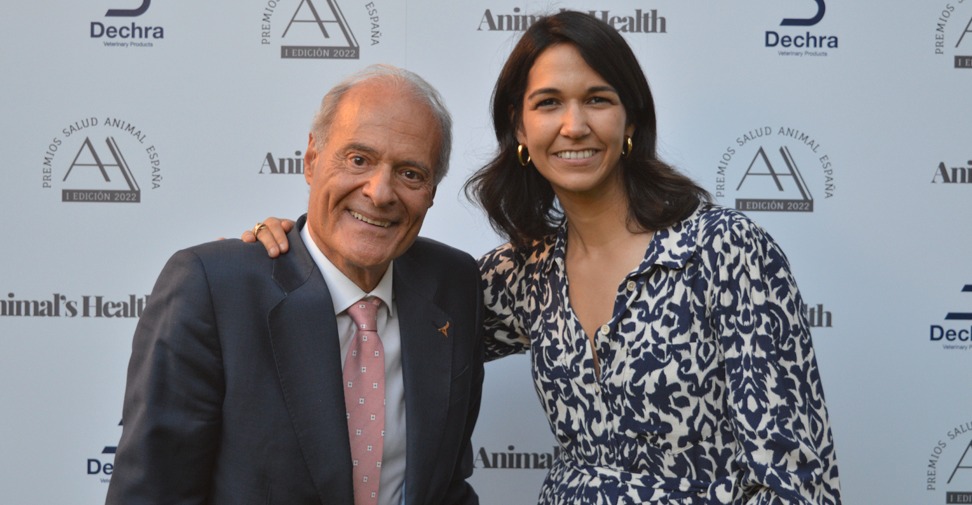
We are enormously proud that our colleague and exSUAT Dr. Lina Mur has been awarded the Young Talent Award given by Animal's Health magazine.
The Rector of the Complutense University of Madrid, Joaquín Goyache, presented him with the award. Her mentor, Professor José Manuel Sánchez-Vizcaíno wanted to accompany her on this day.



